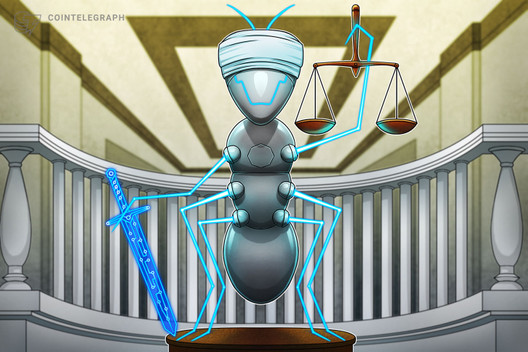Canadian police reported using Chainalysis Reactor to trace crypto crimes
Police now have the ability to trace blockchain transactions, identify suspects and determine where funds have been deposited.
220 Total views
6 Total shares

Canadian law enforcement has started using specialized software to trace crypto while investigating cybercrimes. Police now have the ability to trace blockchain transactions, identify suspects and determine where funds have been deposited.
As revealed by local police to the Lethbridge Herald newspaper, the police forces are already enjoying access to Chainalysis Reactor software. The program helps to trace cryptocurrency from the point of origin until it’s been deposited on an exchange. Once the trace identifies the platform, police can request the account holder’s information and transaction data to see where the cryptocurrency was sent beyond the exchange.
One of the officers trained as a blockchain analysis investigator emphasized the importance of the software, which took the police’s work with crypto crimes to a new level — before that, agencies across Canada “used to run into a roadblock” once they determined a fraud involving digital assets.
Related: Canadian crypto ownership declines amid tight regulations, falling prices
The partnership between Chainalysis and the Calgary Police Service started in April 2023. Back then, the company revealed the launch of the Western Canada Cryptocurrency Investigations Centre, which focused on crimes involving blockchain.
Canada ranked 22nd in Chainalysis 2022’s Global Crypto Adoption Index, up from 26th in 2021 and 24th in 2020. In the same year, for every 1,000 Canadians, there was at least $1,144 Canadian dollars in total exposure to illicit crypto activity, according to Chainalysis.
In August, the Bank of Canada reported a decline in the ownership of Bitcoin and cryptocurrencies in the country. By the end of 2022, 10.1% of Canadians have been holding Bitcoin (BTC), down from 13.1% in 2021.
Magazine: Experts want to give AI human ‘souls’ so they don’t kill us all









